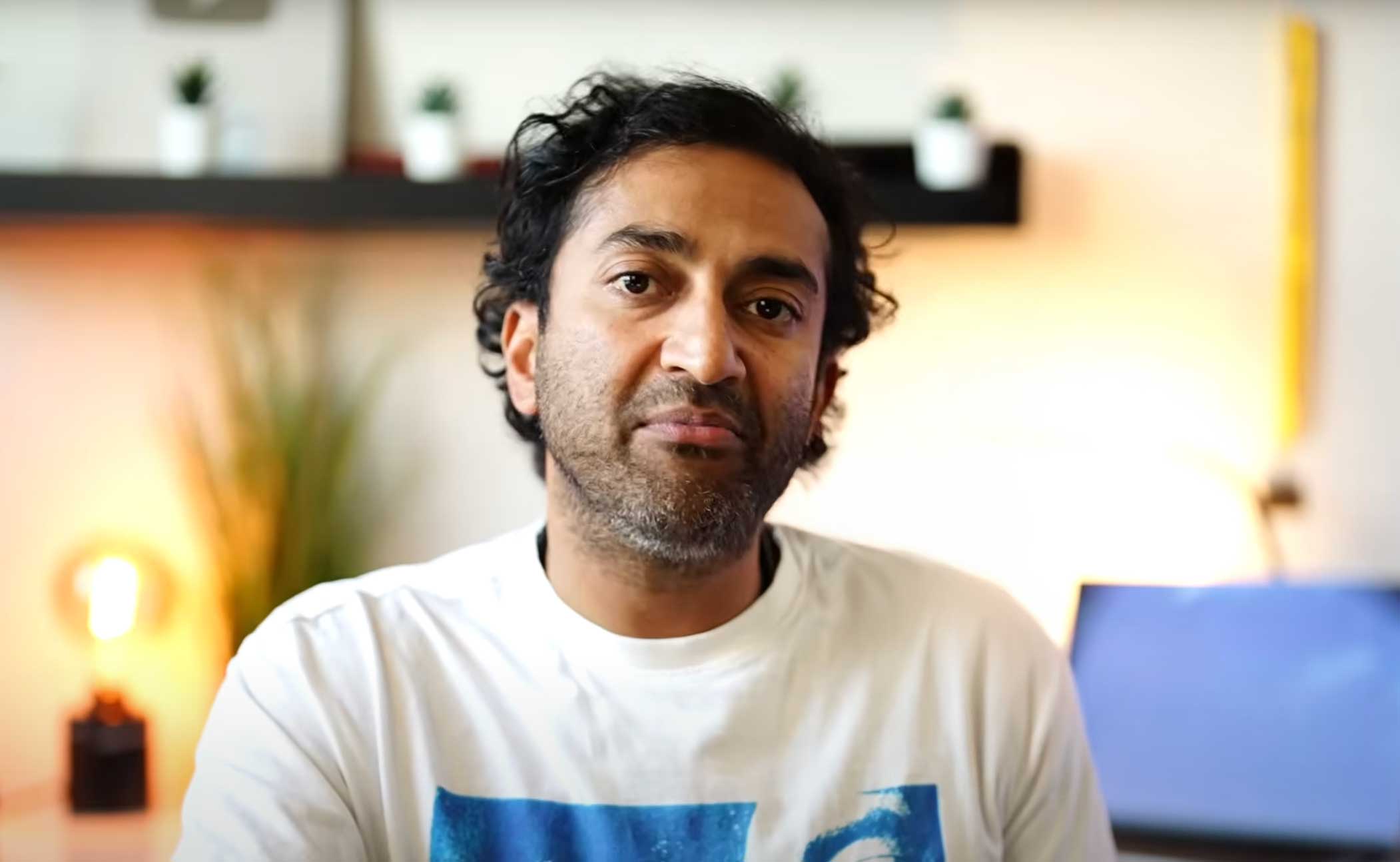Austria to impose nationwide COVID lockdown and vaccine mandate
Bialystok, Poland — Austria become the first European country to announce a new nationwide lockdown amid soaring COVID-19 infections. It begins on Monday and will last at least 10 days, possibly 20, with people allowed to leave their homes only for essential needs, like groceries, medicines or to step out for exercise. Schools are to stay open, but the government has urged parents to keep their children home if possible.
The government also announced that from February 1, all Austrians over the age of 18 will have to be vaccinated against the coronavirus, by law.
The drastic measures come amid record-high daily COVID-19 infections. Austria has one of the lowest vaccination rates in Europe, and one of the highest rates of infection.
"We have not succeeded in convincing enough people to get vaccinated," Chancellor Alexander Schallenberg said on Friday at a news conference, acknowledging the new restrictions were "very painful."
Neighboring Germany is considering a similar nationwide lockdown as a fourth wave of COVID-19 engulfs much of Europe. Some of the hardest hit nations are in Eastern Europe.
Poland has recorded its highest number of daily infections since last April — more that 24,000 per day — while the death toll since the start of the pandemic has risen to almost 80,000.
We visited a COVID intensive care unit in the town of Bialystok, near Poland's border with Belarus, and found the ward full. Only one bed was available, because an elderly woman had just died.
"Generally about 20% survive," a nurse on the ward told CBS News. She said none of the patients in the ICU had been vaccinated.
"We treat more than 300 patients with COVID-19," said Katarzyna Malinowska, a spokesperson for the University Clinic Hospital in Bialystok. "Ninety-five percent who are treated in intensive care [are] unvaccinated and 99% who die [are] unvaccinated."
"But still people don't want to take vaccine," she lamented.
While an inefficient roll-out has plagued Poland's vaccination program, Austria and other Eastern European nations are also grappling with significant vaccine mistrust, fueled in part by far-right political groups that have gained momentum in recent years amid concern over immigration and other issues.
"For a long time, the consensus in this country was that we didn't want mandatory vaccination," Schallenberg said on Friday. "For a long time, perhaps too long."
Europeans, like the rest of the world, thought the darkest days of the pandemic were behind them. But intensive care units across the continent are filling up once more.
The only difference is, the last time things got this bad, getting a vaccine wasn't even an option.





